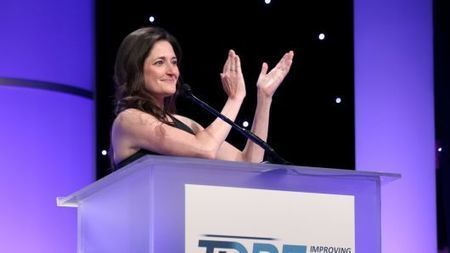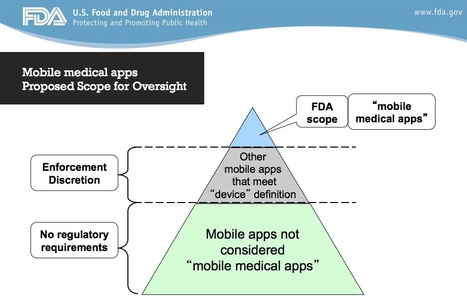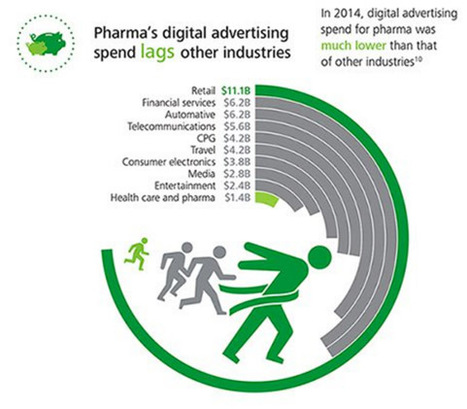- The world's largest technology companies have all hired well-known cardiologists.
- Heart disease and high blood pressure affect a large number of people, are well-understood, and there's evidence that consumer products can help.
Big Silicon Valley companies have often competed for talent with specialized skills, like expertise in artificial intelligence or trendy new programming languages.
Now they're competing for heart doctors.
Apple, Alphabet, and Amazon have all hired well-known cardiologists.
This might just be a coincidence. Cardiologists tend to be well educated and hard working, and big tech companies have a track record of recruiting such people.
In recent years, all of these companies have started to invest in products and devices that are targeted to millions of people who could benefit by tracking their heart health.
Apple's smartwatch now includes an electrocardiogram, which can detect heart rhythm irregularities. Verily's study watch, which is designed for clinical trial research, also tracks heart rate and heart rhythm, and it's doing a lot of work in chronic disease management.
So the more likely explanation is that tech companies are interested in health care, and they have all come to the conclusion that cardiology should be an early (if not initial) target.
Here's why.
It's a huge potential market
Heart disease is the No. 1 killer in the world, and strokes are among the leading causes of death.
And that's not all that cardiologists treat. "Our scope covers other common disease such as high blood pressure, which impacts about a third of people in the U.S. — 75 million Americans — as well as lipid and cholesterol disorders," said Dr. Mo Elshazly, a cardiologist and assistant professor of medicine at Weill Cornell Medicine.
Many cardiologists are also experts in nutrition and exercise science, which impacts a huge number of people who are committed to staying healthy.
That's useful for the teams within the largest tech companies that are more focused on wellness and fitness applications, rather than on health and medical.
Alphabet has Google Fit. Apple has a fitness group for its Apple Watch. And Amazon is looking at health and wellness applications for its Alexa voice assistant.
It's well-studied
Cardiology is among the most-studied fields in medicine, meaning there's already a lot of evidence to understand the root causes of heart disease, as well as how to prevent it. That's attractive for tech companies, which tend to base their development decisions on data.
Their consumer products are already making a difference
Let's take Apple, as an example. The company launched its first Apple Watch model with a heart rate sensor, never expecting that people would use it to discover they were pregnant, at risk for a heart attack or experiencing a dangerous irregular heart rhythm.
But as people began sharing examples of how the Apple Watch saved their life, the company started to invest heavily in the science and technology to drive more of these stories. A lot of that work culminated in the first-ever clearance for a heart rhythm sensor called an ECG for Apple Watch earlier in the summer.
read more at https://www.cnbc.com/2018/10/17/what-every-tech-company-needs-a-cardiologist.html
Via nrip



 Your new post is loading...
Your new post is loading...











